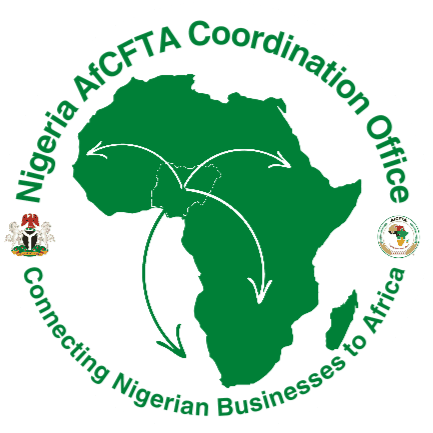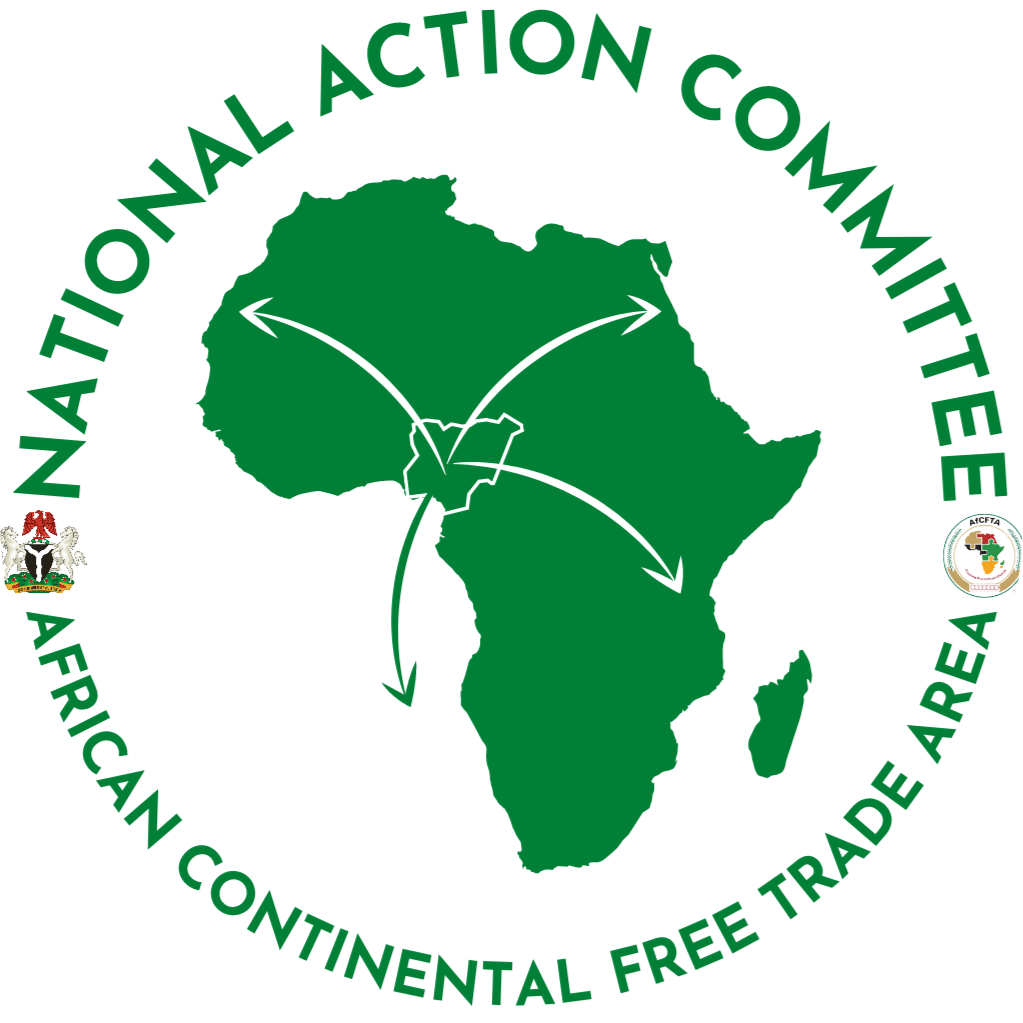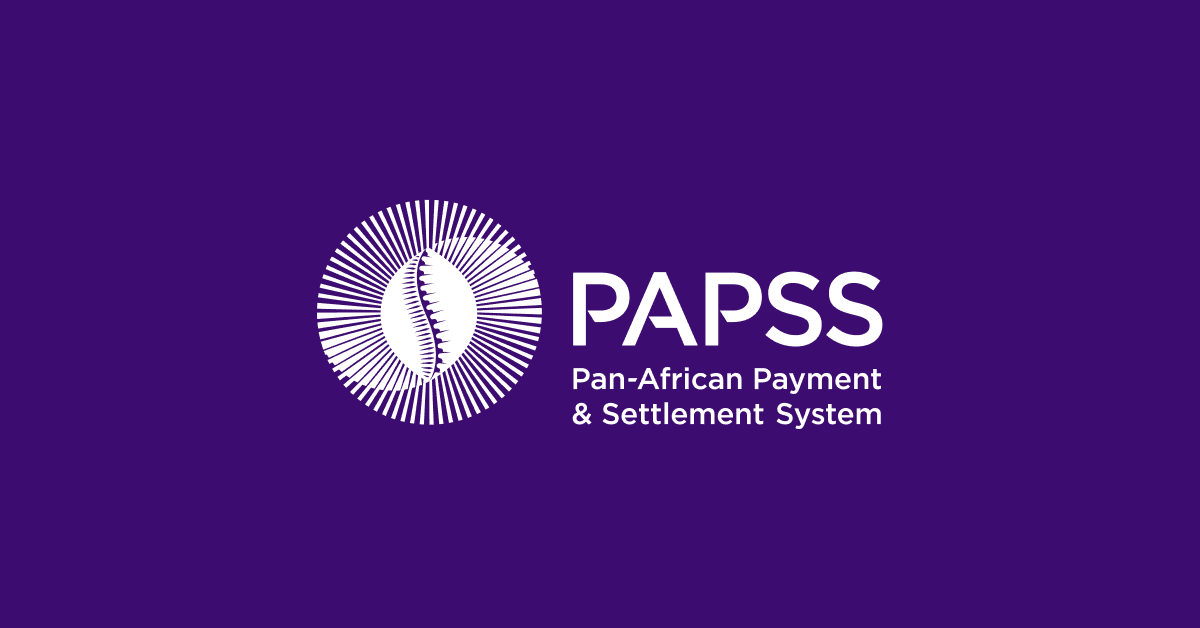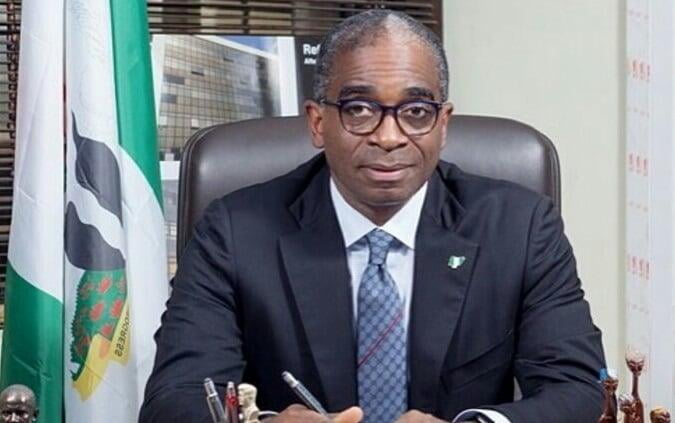
National Coordinator, Nigeria AfCFTA Coordination Office
Why trade with Nigeria
About Nigeria
Nigeria holds several records across the continent. It is officially referred to as the Federal Republic of Nigeria, and is bordered by the Niger Republic in the north, Chad in the northeast, Cameroon in the east and Benin in the west. The country is made up of 36 states and the Federal Capital Territory (F.C.T) Abuja. With an estimated population of more than 150 million, Nigeria is the most populated country in Africa and the 7th most populated country in the world.
Nigeria gained its independence from the United Kingdom on the 1st of October 1960, adopting the English language as its lingua franca, although Igbo, Yoruba, and Hausa languages are widely spoken across the nation. Nigeria, which got its name from the River Niger is a country with a rich history, fascinating people and deep cultural heritage. The nation holds the record as one of the most diverse nations with several indigenous tribes and the African country with the most number of spoken languages (over 540 ethnic languages are spoken in the nation).
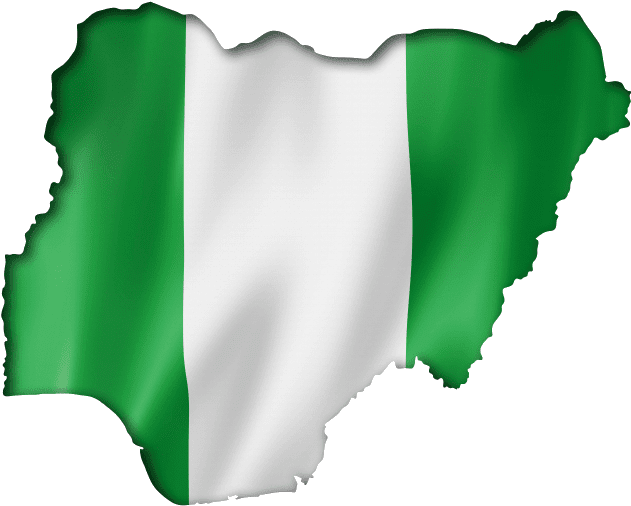
Nigeria has the largest economy in Africa; its economy can be classified as a middle income, mixed economy, with emerging markets in manufacturing, communications, and technological services. Nigeria’s re-emerging manufacturing industry became the largest in Africa since 2013, producing a large number of goods and services for the African continent. Nigeria has historically relied heavily on oil for its revenue with petroleum products accounting for roughly 90% of exports.
The Nigerian government is making efforts to pivot away from this dependence by introducing The ERGP (economic recovery and growth plan)
The plan has three main objectives:
- To drive inclusive and sustainable growth.
- To restore growth through achieving macroeconomic stability and economic diversification with more focus on Agriculture, Energy and Micro, Small and Medium Enterprises led growth in industry, manufacturing and key services by leveraging science and technology.
- To invest in the Nigerian public by increasing social inclusion for the poor and vulnerable citizens, reducing unemployment and underemployment with a greater focus on youth and investing in health and education.
Nigeria is one of the few countries in Africa that produces its own cars. Innoson Vehicle Manufacturing company produces Made in Nigeria cars sourcing 70% of the materials locally. This comes from a desire to shift Nigeria from a car consuming market to a car manufacturing market as a result, Innoson vehicles are now being used in countries such as Mali, Sierra Leone, and Ghana.
Nigeria is home to the 2nd largest film industry in the world. Nollywood, created in the 1960s, has surpassed Hollywood as the most significant movie industry by volume producing an average weekly movie of about 100 films. In 2014 the Nigerian government released data on Nollywood, terming it a 3.3-billion-dollar industry. The Film Industry, which is a significant part of the Arts, Entertainment, and Recreation Sector, has contributed over 2.3% (NGN239biliion) to Nigeria’s Gross Domestic Product (GDP). Nigerian celebrities have become some of the most influential in Africa and command the most international acclaim. PWC (Price Water House Cooper) estimates an increase in Nigeria’s Entertainment and Media industry from $4.46 billion in 2018 to $10.5 billion by the end of 2023.
As one of the most industrialized counties in Africa, Nigeria boasts of being one of the most significant internet users, with approximately 98 million users. Nigeria’s ICT (information and communication technologies) sector has grown immensely, from less than 1% of GDP in 2001 to almost 10% of GDP in 2020. Nigeria has also surpassed South Africa to emerge as a premier investment destination with 55 active technological hubs raising a total of $94.9 million. In comparison, South Africa raised $60.0 million, with 59 dynamic start-ups. Nigeria also boasts of Africa’s most prominent technology market, which accounts for 23% of internet users in Africa, with over 122 million people online. The growth of the tech sector offers new possibilities for Nigeria’s growing labour force, in terms of employment and entrepreneurship
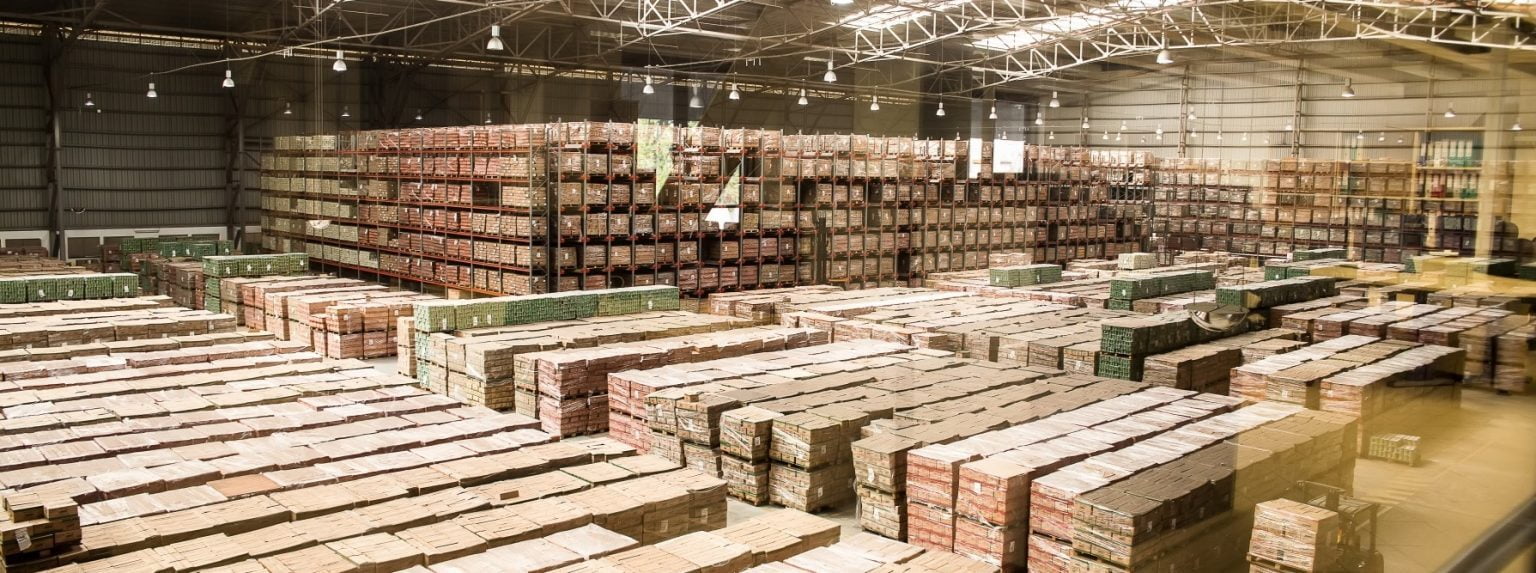
The Secretariat
The Steering Committee
The National Action Committee on AfCFTA was setup in December 2019 by His Excellency, President Muhammadu Buhari to coordinate the activities of ministries, departments and agencies (MDAs) of government as well as the private sector stakeholders to implement interventions to prepare Nigerian businesses for the AfCFTA.
The Committee is chaired by the Hon. Minister of Industry, Trade and Investment with the Hon. Minister of Budget and National Planning as the Alternate Chairperson. Its Steering Committee is made up of Cabinet Ministers, Heads of Agencies, National Executives of Industry Associations and eminent persons who act as champions for AfCFTA in their sectors and domain areas. The Secretariat of the Committee is headed by the Special Senior Assistant to the President on Public Sectors.
The Mandate
The National Action Committee’s mandate is to develop Nigeria’s strategy and mobilize all relevant public and private sector actors to realize her mission and strategic objectives for the AfCFTA.
At the domestic level, the National Action Committee will facilitate the development and implementation of readiness interventions to develop production and service capacities, improve competitiveness and coordinate adjustment programmes and facilitate policies, regulations and laws update as required.
At the regional and continental levels, the National Action Committee will facilitate alignment of trade, industrial policies, joint development of value chains between Nigeria and ECOWAS and other African Countries and support relevant agencies to negotiate definitive agreements to operationalize the AfCFTA.
The National Action Committee Secretariat provides programme management, technical assistance and research capabilities to enable the Committee to assist the MDAs and the business community to take advantage of the provisions of AfCFTA.
Domestic Engagement Sub-Committee
This sub-committee aims to support umbrella stakeholder groups to establish structures to cascade information on AfCFTA to all their members across all sectors and locations, nationwide and to gather feedback and drive implementation. This committee would facilitate the implementation of AfCFTA Readiness initiatives and monitor progress. Their duties include the review and validation of draft metrics developed by the Secretariat to measure the progress of the application. They would also prepare monthly and quarterly reports.
Enternal Engagement Sub-Committee
This sub-committee aims to undertake all regional, continental, and global initiatives to prepare Nigeria for AfCFTA, take advantage of AfCFTA opportunities and safeguard her economy from its negative impact. They would prepare a roadmap and execute associated actions to conclude the ongoing trade reforms at the ECOWAS level. These include:

Frequently Asked Questions
Didn't find the answer?
Send us your inquiry below
